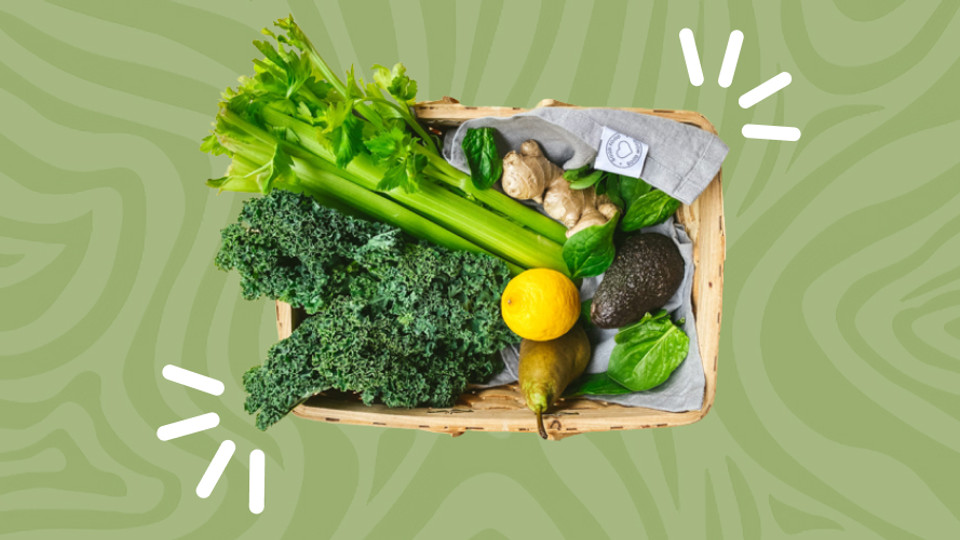
But let’s be real, it can be hard to hit the perfect amount of daily protein for your body (generally 1-2g per kilo of bodyweight depending on how active you are).
There’s only so much chicken your stomach can take before it sends you the signal that it’s way too full to fit anything else in.
So how do we actually hit our daily protein targets? Especially if we’re on a vegan diet?
Vegetables might just be the answer.
We’ve put together a list of the top 20 highest protein veggies for when you’re looking to ramp up your protein intake in a way that’s tasty and easy to digest.
All grams of protein figures are based on a per 100g basis, FYI. We’ve also used the term vegetable broadly to include things like beans and legumes
Top 20 Highest Protein Vegetables
1. Seaweed Spirulina
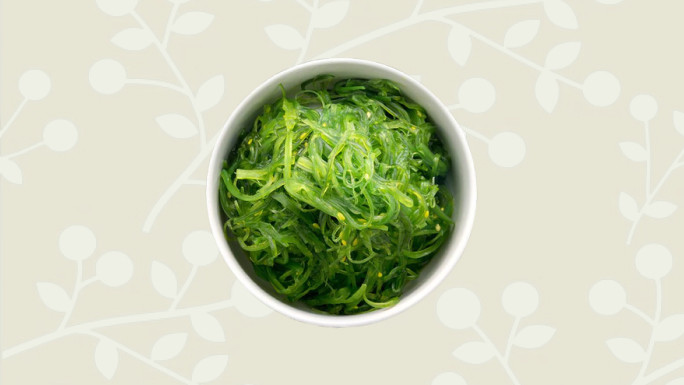
Seaweed spirulina wins the title of the veggie with the highest protein. It’s a highly nutritious micro saltwater algae, and is an excellent source of protein, vitamins and minerals – including B12, iron, magnesium, potassium and more. It does have a strong taste, so we like to add a serving to smoothies to dampen the flavour.
2. Edamame
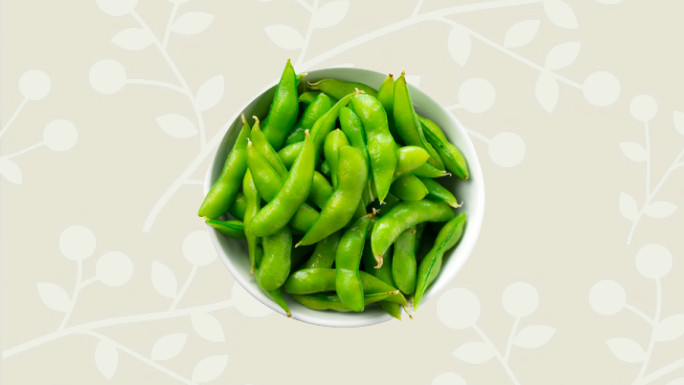
Who doesn’t love a side of edamame with their sushi? It just so happens edamame is an incredibly high protein snack. Edamame are actually just cooked soybeans and they are packed with protein. They can be eaten in a range of ways too, whether on their own, pureed into a dip, in a stir fry… you name it!
3. Dried Mushrooms
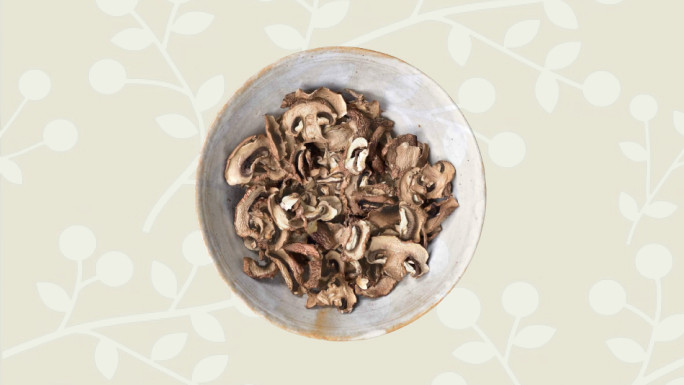
Dried mushrooms rank second in our list of high protein vegetables – coming in ahead of fresh mushrooms. Dried mushrooms are a tasty and nutritious addition to any meal and come in a wide variety of types and flavour profiles. They can be found at most major food shops but more commonly at Asian grocery shops. Add to stir fry, an omlette or even a salad for a real protein hit.
4. Lentils
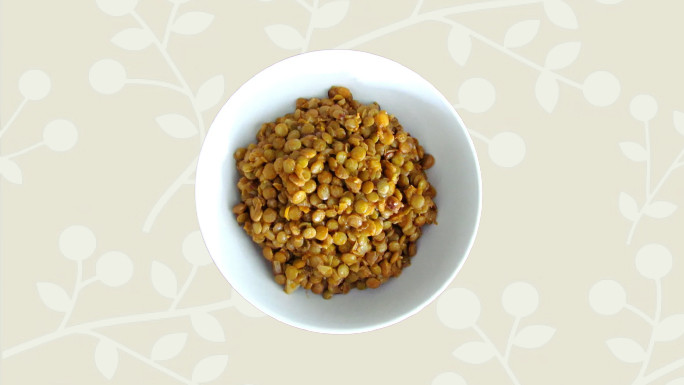
Lentils are another delicious superfood that are filled with protein, folate, potassium and copper. They are vegan friendly, low calorie and high fibre that can be added to salads, curry, or soup… or even made into a dip as well!
5. Black Beans
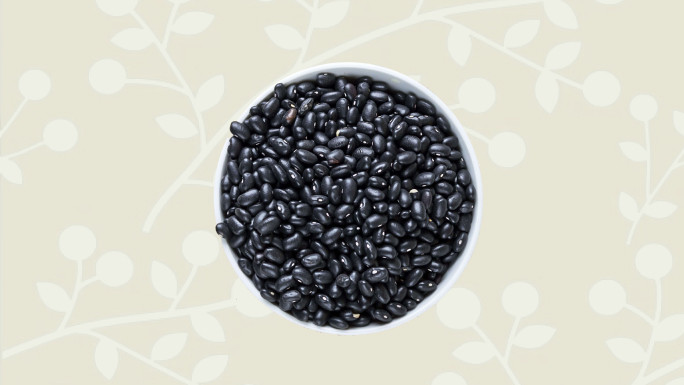
Black beans aren’t only filled with protein but also are rich in fibre, potassium, folate, B6 and other phytonutrients essential for a healthy and balanced diet. We love how versatile black beans are as well – from salads to burger patties, you can do a lot with black beans. Oh, and they’re super cost-effective too.
6. Chickpeas
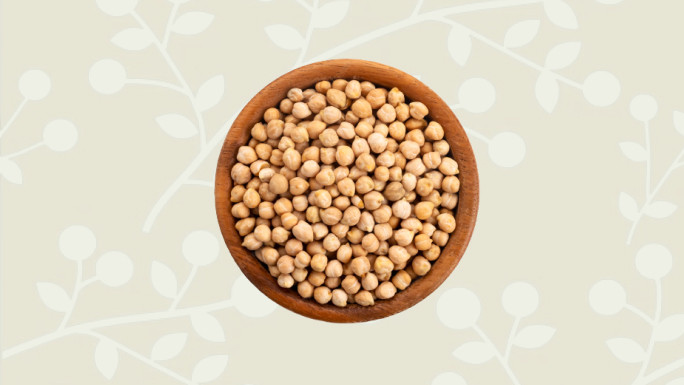
Most of us can appreciate chickpeas in the pured form of hummus, but that’s not all this high-protein bean can do! From protein-filled falafels to baked chickpea snacks, salads, soups and even chickpea pancakes, there’s so much you can do with this humble little bean while also increasing your protein count.
7. Mung Beans
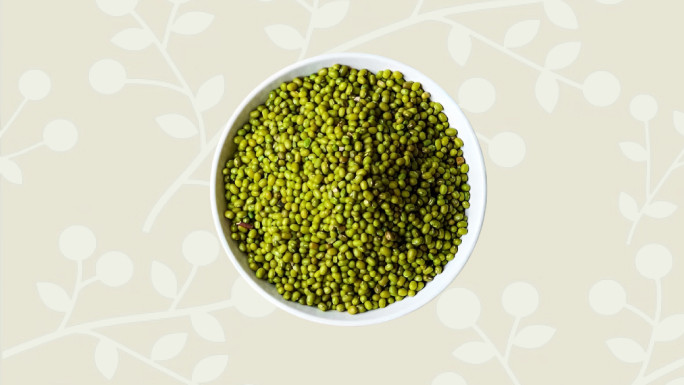
Protein: 7g
Packed with antioxidants, mung beans are tiny powerhouses of nutrition that can be added to salad, a sandwich, curry or soup. Easy to find in your local supermarket, easy to cook with … you can’t go past mung beans when shopping for high protein vegetables.
8. Soybean Sprouts
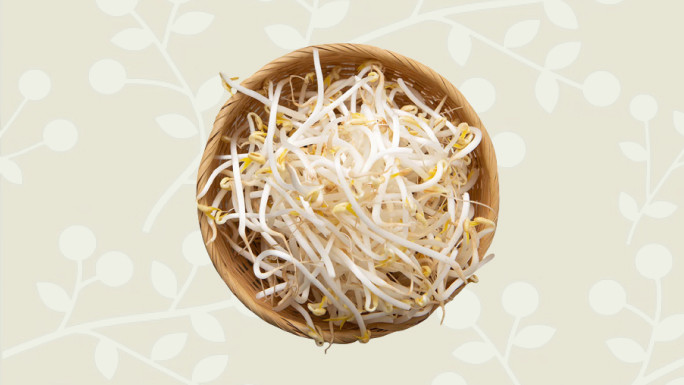
Soybean sprouts are a tasty and fun addition in stir-fry, or as an added crunch in a salad. High in fibre, soybean sprouts are a great swap if you’re tired of beans and legumes in every meal.
9. Green Peas
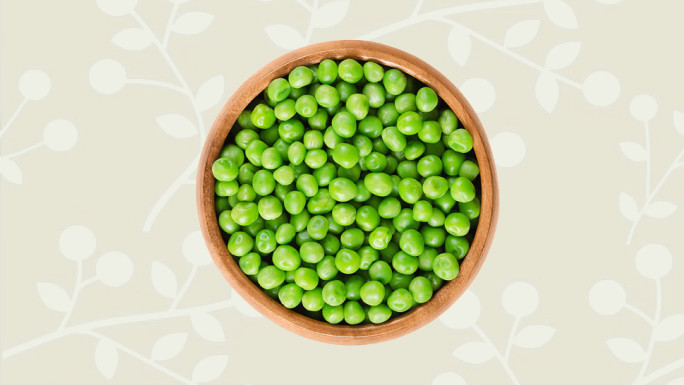
Green peas often get dismissed because on their own, they aren’t exactly bursting with flavour. But, if you know how to use this tiny green vegetable, you’re going to help bolster your daily protein count with ease. Not only are they budget friendly, they’re always available in the frozen veg section and are incredibly versatile. From adding to rice, pureed with another veg like broccoli or blended into soup, green peas are a must in your diet. Not to mention they are high in Vitamin A, K and C!
10. Fava Beans
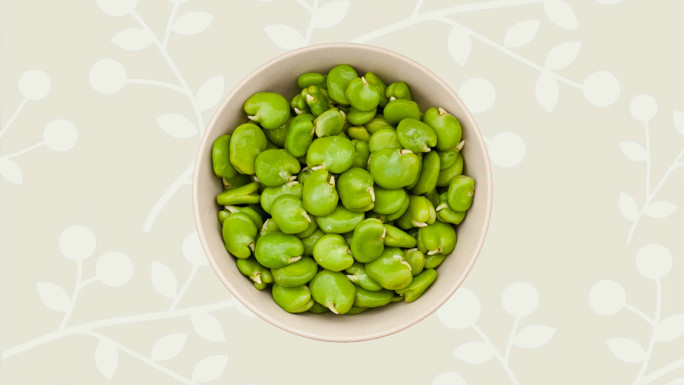
Continuing the bean streak is the delicious fava bean (AKA broad bean). It’s a delicious and protein-rich addition to soups, salads and hummus dips, while also boosted with fibre to keep you feeling fuller for longer.
11. Broccoli

I never liked broccoli as a child, but these days, it’s a staple in my diet. It’s high in protein, fibre and has been known to have cancer-preventing properties. I love frying up broccoli to go with my dinner, but it’s great in a stir fry, or even pureed into a vegetable soup.
12. Wild Rice
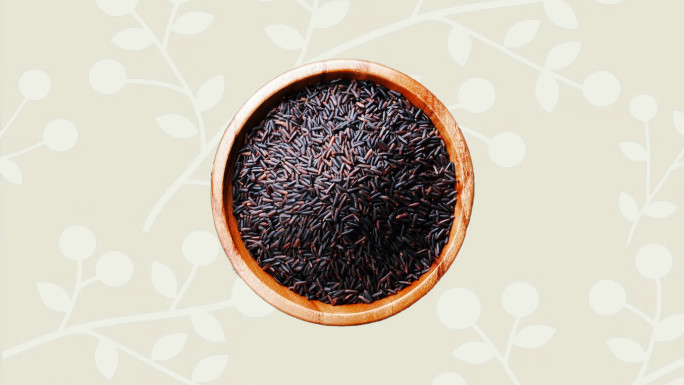
“Rice isn’t a vegetable!” I hear you cry. True, it’s not. But wild rice is because it comes from certain species of grass. Fun fact! You can cook wild rice in the same way you’d cook regular rice, but feel happy in the knowledge that with wild rice, you’re easily bumping up the protein content of your meal.
13. Brussels Sprouts
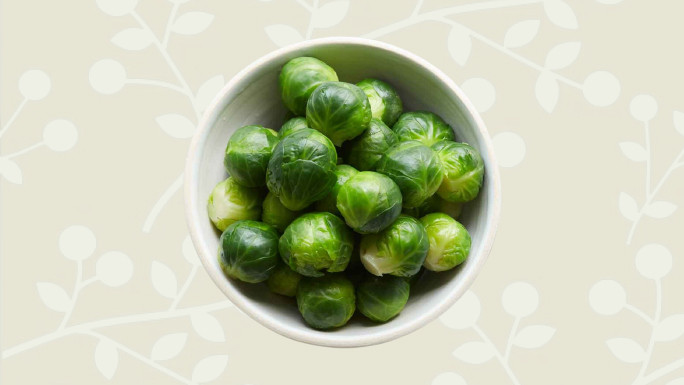
Not known for being the tastiest of vegetables, we’re asking you to reconsider these nutritional gems. If you know how to cook them right, they can be an absolutely delicious addition to your daily high protein veggie arsenal (just don’t boil them, whatever you do!)
14. Corn

Corn on the cob has to be one of the most satisfying vegetables. When food like corn exists, it makes healthy eating a breeze. Corn is packed with protein, fibre, folate, thiamin, phosphorus, vitamin C, and magnesium. So tasty, so good for you.
15. Artichokes
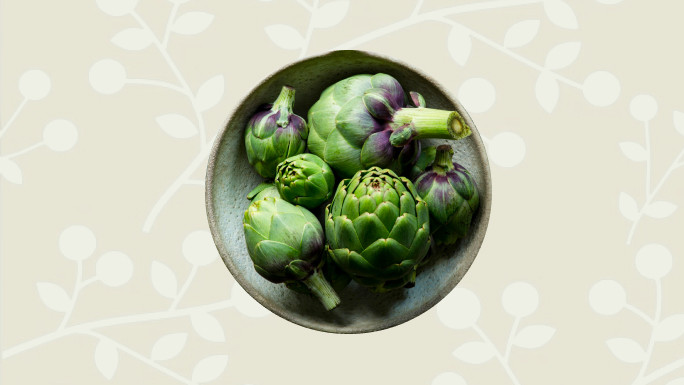
Strong in flavour and strong in protein, artichokes are a fun way to beef up your protein intake with plenty of health benefits. Excellent as dips, this low-calorie, high nutrient veg is filled with folate, Vitamin C and K. Add them to a salad or throw them on top of a pizza, there are plenty of ways to enjoy this yummy veg.
16. Kale

A superfood leafy green, kale has about 3g of protein per 100g. This tasty green is also packed with vitamins A, C, and K. Toss it in a salad, make some crunch kale chips or even blend it in a smoothie for a real superfood meal.
17. Spinach

Popeye was clearly on to something when he’d down a can of spinach and grow huge muscles and that’s because spinach has high levels of protein in it. We know spinach is great for us in terms of its nutritional value, but it really does pack a punch in terms of protein, along with calcium, folic acid, iron, fibre and Vitamins K and C. Great in an omelette, sauté, a smoothie, a salad or a sandwich, there’s so much you can do with Popeye’s favourite treat.
18. Snow Peas
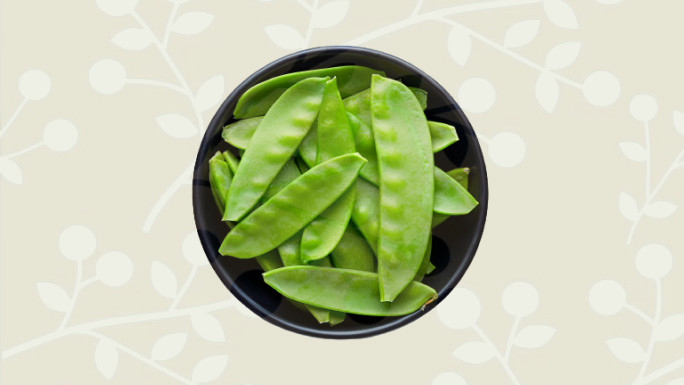
Crunchy and versatile, who knew snow peas had a decent amount of protein in them? Tasty in both its raw and cooked form, not only do snow peas have a good dose of protein but they are also low-carb with a high dose of fibre and vitamin C too!
19. Asparagus

Asparagus is a great building block of many plant-based meals because it’s rich in protein, folate, and vitamins A, K and C. It’s great baked as a side dish, fried or even raw! I personally love adding it to my morning omelette.
20. Sweet Potatoes

Sweet potato chips, anyone? While not as high protein as other veggies, sweet potatoes are still a great source of protein and work with nearly any meal from soups to smoothies, pizza and even ice-cream (yes, sweet potato ice-cream is a thing!) Sweet potato veggies are also rich in beta-carotene, which is good for healthy vision, skin, and your immune system.


